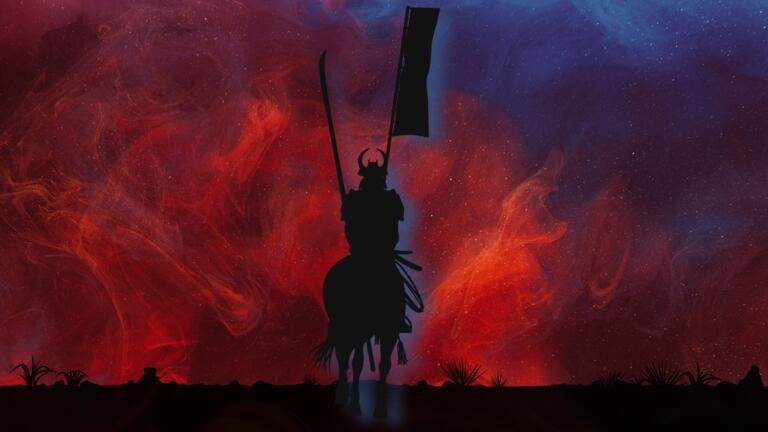'Shōgun': Exploring the True Historical Narrative

The USF Center for Asia Pacific Studies welcomes Eleanor Hubbard and Morgan Pitelka to provide historical analysis on the American historical drama television series Shōgun.
Eleanor Hubbard’s talk will put John Blackthorne, a main character in Shōgun, into historical perspective by comparing his path to Japan with that of William Adams, the historical figure on which Blackthorne is based. She will highlight Adams's previous experience working in Morocco, making the point that by the time English merchants and seamen arrived in Asia, they already had engaged in cross-cultural trade and were accustomed to accommodating themselves to culturally different contexts in which their survival and success depended on making themselves congenial to powerful foreigners. She will show that this task was a difficult one in Asia, because English merchants -- largely the agents of the East India Company -- had to contend with the aspersions of their European rivals, Portuguese and the Dutch, as well as with the unruly behavior of their own seamen and violent interventions by English interlopers. She will argue that by emphasizing the Europeans' desperate need to convince the Japanese warlords of their own utility and good intentions, Shōgun provides an accurate depiction of the historical power dynamics at play.
Morgan Pitelka’s talk will discuss the pivotal year 1600 in Japanese history. The year 1600, in which the historical fiction of Shōgun is set, was a monumental and transitional moment in Japanese history. The warlord Tokugawa Ieyasu emerged as the strongest and most likely successor to the hegemon Toyotomi Hideyoshi, who had died in 1598. The titanic Battle of Sekigahara, which Ieyasu and his allies won, positioned the Tokugawa family to dominate Japanese politics for centuries. In this presentation, I will discuss how the show Shōgun navigates these themes while also highlighting understudied aspects of this shift in military and political power: the influence of networks, the importance of ritual, deep engagement with cultural practices, and the complex entanglements with global travelers such as Iberian Jesuits and European merchants.
Speaker Bios:
Eleanor Hubbard, a historian of early modern Britain, received her PhD from Harvard University and taught most recently at Princeton University. She is the author of two monographs, including Englishmen at Sea: Labor and the Nation at the Dawn of Empire, 1570-1630, published by Yale University Press in 2021 and shortlisted for the John Ben Snow Prize.
Morgan Pitelka received his B.A. in East Asian Studies with honors from Oberlin College and his Ph.D. in East Asian Studies from Princeton University. Before joining the University of North Carolina at Chapel Hill, he taught at Occidental College. His scholarship focuses on the history of late medieval and early modern Japan, with an emphasis on material culture, environmental history, and urban history.
Community Partners: Asian Studies, Japanese Studies, Media Studies, History Department